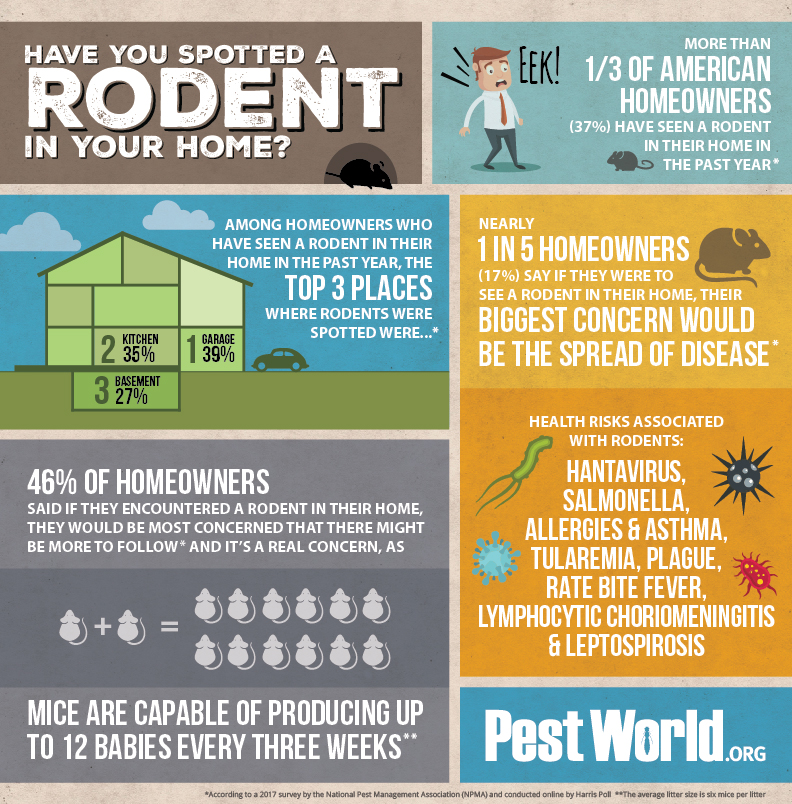Pest-Proofing Your Yard: Tips For Keeping Outdoor Insects At Bay
Pest-Proofing Your Yard: Tips For Keeping Outdoor Insects At Bay
Blog Article
Material Author-Frandsen Sharma
Envision your garden as a shelter, a location of harmony and charm. Nonetheless, the existence of outdoor pests can quickly disrupt this picturesque photo. What if there were easy yet efficient ways to keep these unwelcome site visitors at bay and protect your garden oasis? By following a couple of practical pointers and carrying out natural approaches, you can create an unified exterior area where your plants can thrive undisturbed.
Natural Bug Deterrents
To keep insects far from your garden normally, plant fragrant herbs like mint and lavender. These fragrant plants not only include elegance to your yard but also act as reliable insect deterrents. Parasites like mosquitoes, flies, and even some garden-damaging pests are repelled by the solid fragrances produced by these natural herbs. Merely positioning them tactically around your yard can aid produce a natural obstacle against unwanted parasites.
In addition to mint and lavender, consider planting other herbs like rosemary, basil, and lemongrass to better boost your garden's pest-proofing abilities. These natural herbs not just function as all-natural repellents yet additionally have the added benefit of being useful in food preparation or crafting home made solutions.
Strategic Plant Placement
Think about the format of your yard and the kinds of plants you need to strategically put them for maximum pest-proofing performance.
Beginning by grouping plants with similar resistance to bugs together. By doing this, you can develop an all-natural obstacle that prevents pests from spreading out throughout your garden.
Furthermore, positioning pest-repelling plants like marigolds, lavender, or mint near even more prone plants can assist protect them. Tall plants, such as sunflowers or corn, can work as a guard for much shorter plants versus bugs like rabbits or ground-dwelling insects.
Keep in mind to leave adequate area between plants to improve air flow and minimize the threat of conditions that pests may carry.
Moreover, think about growing strong-smelling herbs like rosemary or basil near prone plants to puzzle parasites' detects and make it harder for them to find their targets.
Effective Parasite Control Methods
For combating yard pests successfully, applying a multi-faceted parasite control technique is necessary. Begin by encouraging natural predators like birds, ladybugs, and praying mantises to help maintain insect populaces in check. Presenting plants that draw in these helpful bugs can help in parasite control. Furthermore, exercising Click Link by removing particles and weeds where pests may conceal can make your yard less hospitable to unwanted visitors.
Take into consideration using physical obstacles such as row cover materials or netting to shield vulnerable plants from pests like caterpillars and birds. Using organic pesticides like neem oil or insecticidal soap can additionally be effective against specific pests while being much less unsafe to beneficial bugs and the atmosphere. It's important to revolve your plants each season to avoid the accumulation of pest populaces that target particular plants.
Routinely evaluate Click That Link for indicators of bug damages so you can do something about it promptly. By integrating these techniques and remaining alert, you can properly regulate garden bugs and appreciate a successful, pest-free garden.
Verdict
So, there you have it - with the ideal approaches, you can maintain pesky exterior pests far from your yard and assist your plants grow.
Did you recognize that growing mint has been revealed to repel mosquitoes and various other insects, decreasing the demand for dangerous pesticides by approximately 60%?
By including all-natural deterrents and clever growing methods, you can create a lovely and pest-resistant garden oasis for you to delight in.
